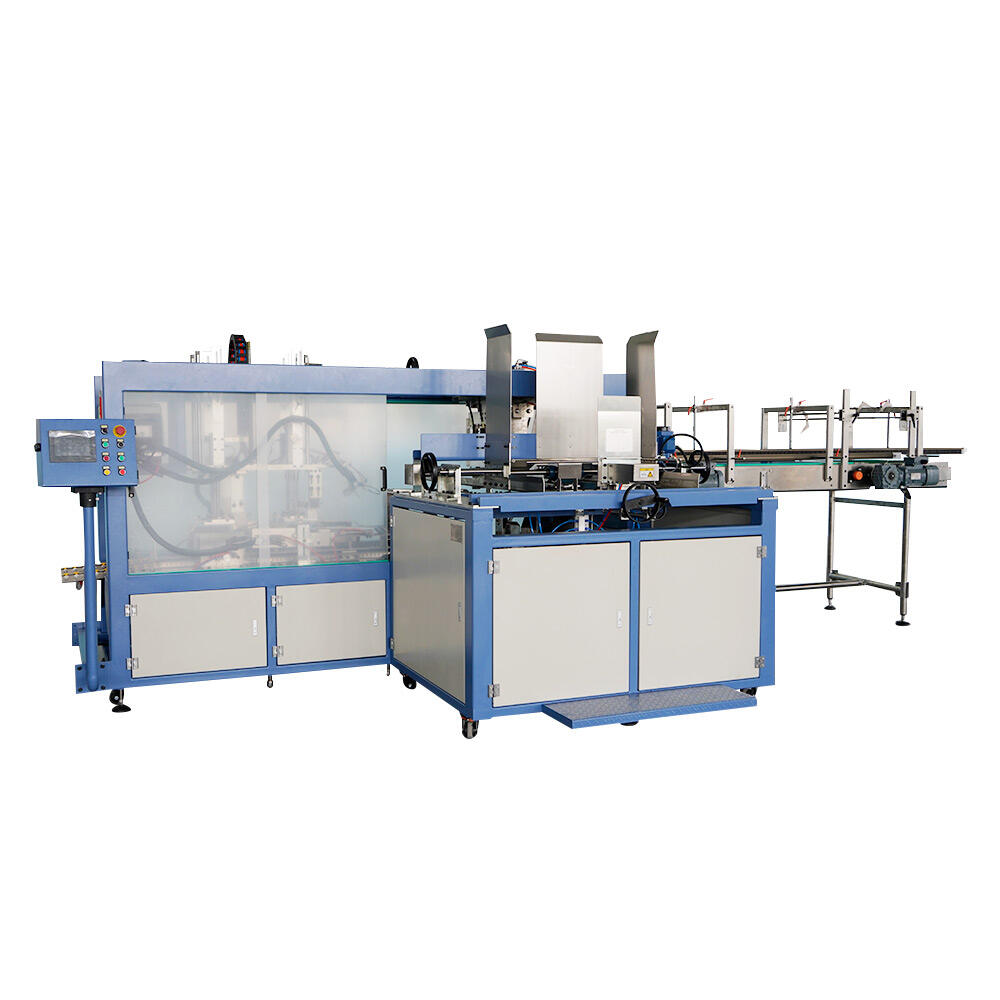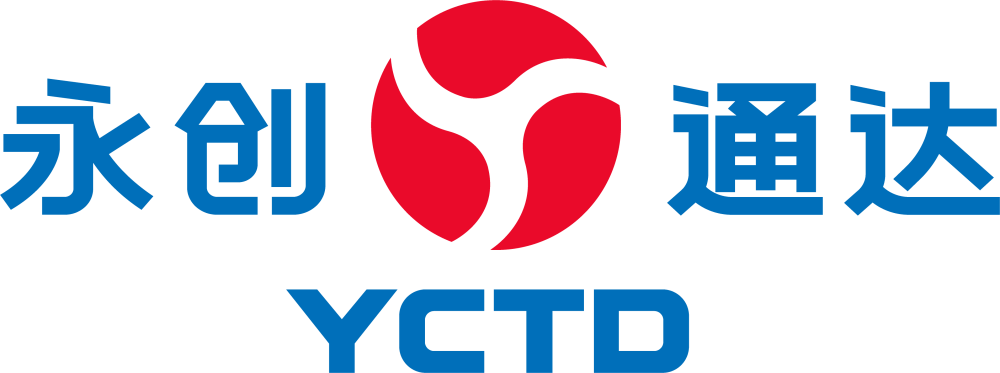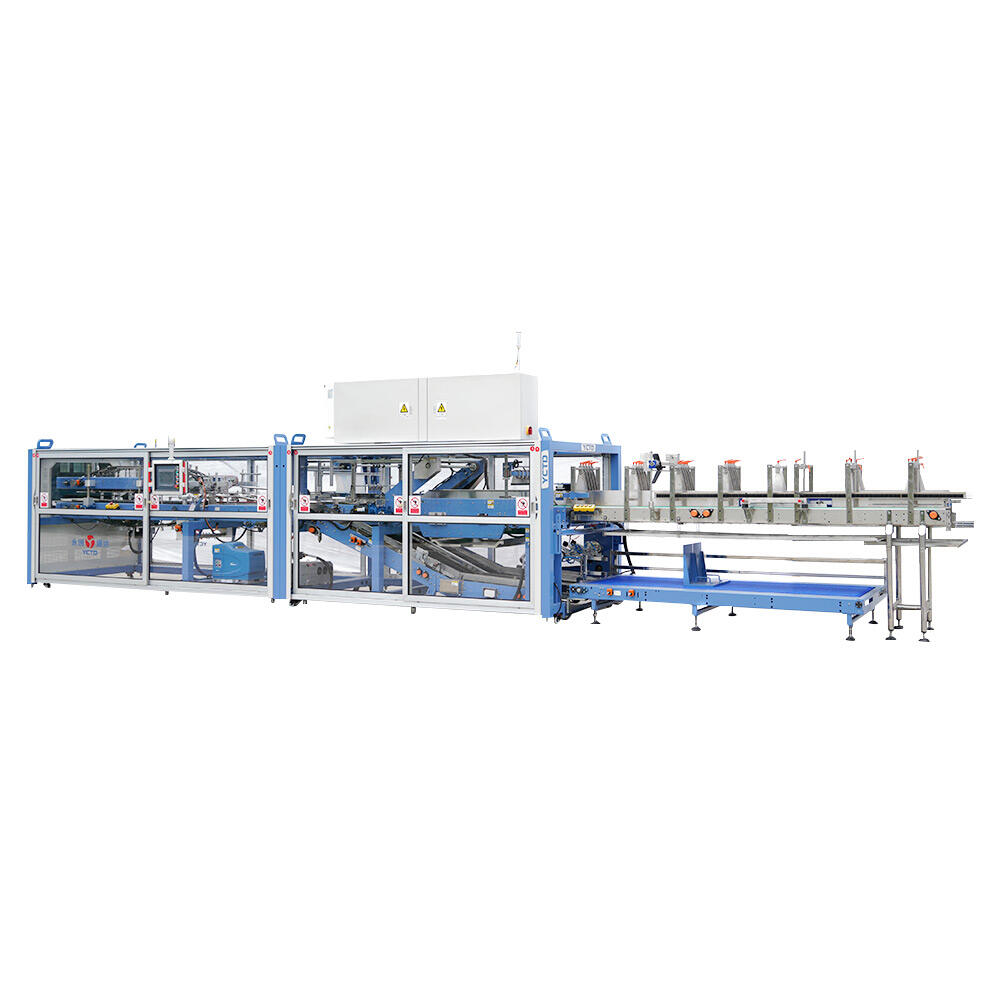Understanding the Impact of Automated Case Packing Solutions
In today's competitive manufacturing environment, optimizing operational efficiency while managing costs has become more crucial than ever. The implementation of a case packer represents a significant advancement in packaging automation, offering manufacturers a powerful solution to streamline their end-of-line packaging processes. These sophisticated machines have revolutionized the way products are packed into cases, cartons, and trays, delivering consistent results while minimizing human intervention.
Modern case packers integrate seamlessly into existing production lines, handling various product types and packaging configurations with remarkable precision. By automating the repetitive task of loading products into shipping cases, these systems not only enhance operational efficiency but also address the growing challenges of labor shortages and rising workforce costs in the manufacturing sector.
The Economic Benefits of Case Packing Automation
Direct Labor Cost Reduction
Implementing a case packer can significantly reduce direct labor costs associated with manual packaging operations. Traditional manual case packing typically requires multiple operators working simultaneously to maintain production flow. A single case packer can effectively replace several manual packing stations, allowing companies to reallocate their workforce to more value-added tasks.
The financial impact becomes even more apparent when considering the long-term operational costs. While the initial investment in a case packer may seem substantial, the reduction in labor expenses often results in a return on investment within 18-24 months. This includes savings from reduced overtime, training costs, and worker compensation claims related to repetitive motion injuries.
Indirect Cost Benefits
Beyond direct labor savings, case packers contribute to reducing indirect costs throughout the operation. These machines minimize product damage during the packing process, resulting in fewer rejected products and reduced waste. The consistency of automated packing also leads to more efficient use of packaging materials, optimized case filling, and better utilization of warehouse space.
Additionally, automated case packing systems help reduce costs associated with quality control and rework. The precision and reliability of these machines ensure consistent case packing patterns, proper product orientation, and secure closure, minimizing the need for manual inspection and correction of packaging errors.

Productivity Enhancements Through Automation
Speed and Throughput Optimization
A case packer dramatically increases production line speeds and throughput capabilities. Modern systems can handle hundreds of products per minute, far exceeding manual packing rates. This increased speed directly translates to higher daily production volumes and improved ability to meet customer demand fluctuations.
The consistent operation of case packers also eliminates variations in packing speeds that typically occur with manual labor due to fatigue, breaks, or shift changes. This steady production flow helps optimize upstream and downstream processes, creating a more efficient overall operation.
Quality and Consistency Improvements
Automated case packing ensures uniform product handling and consistent case loading patterns. This standardization leads to better stack stability, reduced product damage during shipping, and fewer customer complaints. The precision of case packers also enables optimal case utilization, maximizing the number of products per case while maintaining proper protection.
Modern case packers incorporate advanced sensing and control systems that continuously monitor the packing process, detecting and rejecting defective products or improperly sealed cases. This automated quality control helps maintain high product standards while reducing the need for manual inspection.
Operational Flexibility and Adaptation
Multiple Product Handling Capabilities
Today's case packers offer remarkable flexibility in handling various product types, sizes, and packaging configurations. Quick changeover features allow manufacturers to switch between different products or case formats with minimal downtime. This adaptability is particularly valuable for companies with diverse product lines or frequent production changes.
Advanced case packers can be programmed to handle multiple pack patterns and case sizes, storing these parameters for easy recall during product changeovers. This flexibility helps manufacturers respond quickly to changing market demands without significant operational disruptions.
Integration with Industry 4.0
Modern case packers incorporate smart technology features that align with Industry 4.0 principles. These systems can collect and analyze operational data, providing valuable insights into production efficiency, maintenance needs, and potential optimization opportunities. The ability to monitor and control case packing operations remotely adds another layer of operational flexibility.
Integration with manufacturing execution systems (MES) and enterprise resource planning (ERP) systems allows for better production planning, inventory management, and resource allocation. This connectivity helps create a more responsive and efficient manufacturing environment.
Frequently Asked Questions
How long does it take to achieve ROI with a case packer?
The return on investment for a case packer typically ranges from 18 to 24 months, depending on factors such as production volume, labor costs, and current operational efficiency. Companies with higher production volumes and labor costs often see faster ROI periods.
What maintenance requirements should be considered for case packers?
Case packers require regular preventive maintenance, including lubrication, belt tension checking, and wear part replacement. However, these maintenance needs are generally less demanding than the ongoing training and management requirements of manual packing operations.
Can case packers handle delicate or irregular-shaped products?
Modern case packers are designed with sophisticated handling systems that can accommodate various product characteristics. Specialized grippers, vacuum systems, and gentle handling mechanisms ensure safe packing of delicate items, while advanced control systems can adapt to irregular shapes and sizes.

